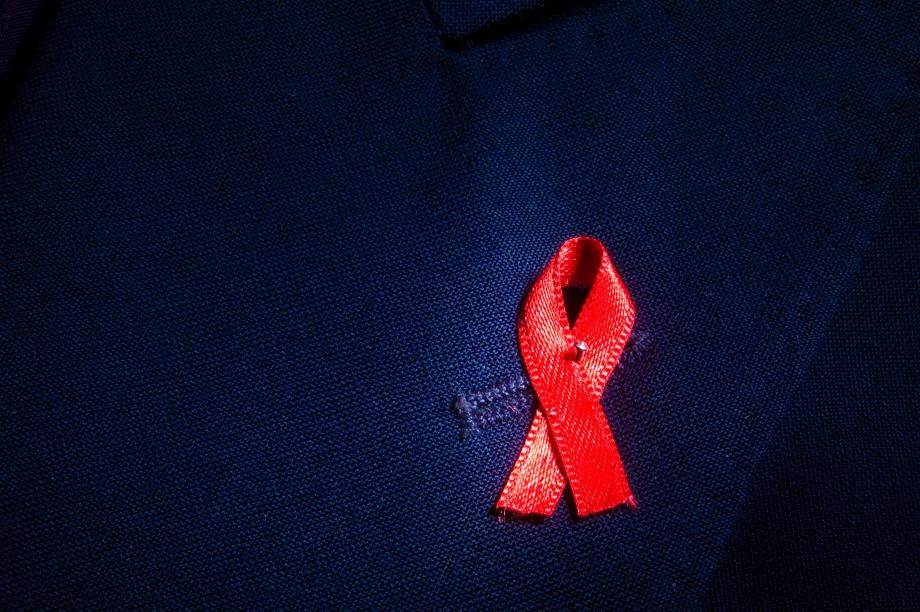
In 2005, former president Nelson Mandela announced to the world that his son, Makgatho, had died of an Aids-related illness.
“Let us give publicity to HIV/Aids and not hide it,” he pleaded. It was a brave move at a time when the disease still carried tremendous stigma, one that marked a turning point in the global struggle against HIV. The number of annual Aids-related deaths peaked that same year and has declined every year since.
The UN believes that it is possible to end the Aids epidemic by 2030. This, however, requires unwavering commitment from world leaders and other stakeholders in mustering the necessary resources.
“The HIV pandemic is not on track to end,” a team of doctors warned in medical journal The Lancet in July.
“The prevailing discourse on ending Aids has bred a dangerous complacency and may have hastened the weakening of the global resolve to combat HIV.”
More than 36 million people live with HIV worldwide – and more of them in South Africa than any other nation.
The South African government has developed the world’s largest antiretroviral therapy programme, giving many HIV-positive people a chance to lead healthy and productive lives. Integrating good nutrition into this programme will further improve the outcomes.
By 2016, about 86% of all citizens living with HIV knew their status, but 270 000 people still contract HIV in South Africa each year. The rate of infection is high not only among traditionally at-risk populations, but also among young women – those between the ages of 15 and 24 accounted for 37% of new infections in 2016. About a quarter of these women became infected through gender-based violence.
South Africa is not alone in this struggle. The world saw 1.8 million new HIV infections in 2017, which puts it far behind the UN’s goal of only 500 000 new infections or fewer by 2020. Medical treatments such as antiretroviral therapy and pre-exposure prophylaxis have saved millions of lives, but these alone are not enough to end the epidemic.
“Without further reductions in HIV incidence, a resurgence of the epidemic is inevitable, as the largest-ever generation of young people age into adolescence and adulthood,” The Lancet authors warned.
We cannot let victory slip from our grasp. The Aids crisis provoked a mobilisation of resources unlike any the world had seen.
The governments of developed and developing nations made common cause; the private and public sectors teamed up to tackle the disease. But in recent years, this unprecedented effort has lost steam. Development spending for health plateaued in 2010.
That is why we must join together to galvanise support in the fight against HIV. The Global Fund’s HIV Epidemic Response initiative has set a bold target to reduce the number of new HIV infections among adolescent girls and young women by 58% in 13 African countries by 2022. To this end, the Global Fund is providing over $150 million (R2.06 billion) to scale up HIV prevention programmes across these focus countries, including South Africa.
The Aids response reminds us of just how effective development aid and international cooperation can be. It also provides a blueprint for achieving the Sustainable Development Goals (SDG), the UN’s 17-point plan aimed at ending extreme poverty, reducing inequality and mitigating climate change by 2030.
We can end the epidemic in 13 years and answer a question Mandela once posed: “When the history of our times is written, will we be remembered as the generation that turned our backs in a moment of global crisis, or will it be recorded that we did the right thing?”
- Machel is founder of the Graça Machel Trust and the Foundation for Community Development. Solberg is the prime minister of Norway and co-chair of the UN secretary-general’s SDG Advocacy Group




 Publications
Publications
 Partners
Partners








